Each year on September 5, International Day of Charity is celebrated. On this day, individuals around the globe make contributions to charitable and philanthropic organizations. While monetary donations have been commonplace since the International Day of Charity’s 2013 inception, financial hurdles have inspired individuals to show their support through volunteer work instead. Medical volunteer opportunities have benefits for all involved.
For pre-medical and medical students and residents looking to celebrate International Day of Charity, volunteering can provide a sense of purpose with the bonus of enhancing their CV or resume.
Reasons to Volunteer
Gain Experience
If you pursue medical volunteer opportunities at a free clinic or hospice center, you’ll be exposed to the healthcare system and gain real-world medical experience. Such an experience can provide a talking point during medical school and residency interviews. It can also provide you with the opportunity to practice medical terminology.
Enhance Your CV/Resume
While medical schools and residency programs value high GPAs and strong test scores, they also want members of their student body to have good character. Showing activism within the community through charity can displaying this.
Boost Your Mood
Selfless actions, like volunteer work, can positively impact your own life. 94% of individuals who volunteer say they feel happier after doing so. Continue reading below for some ideas on how to get this feeling while giving back to others remotely or within your own community!
Medical Volunteer Opportunities
Mentor Others
If in medical school or a medical residency, you may consider lending your expertise to those in earlier stages of their medical education journey. As a mentor, you can help individuals prepare for the MCAT or USMLE, refresh their CV or resumes, and create personal statements.
While being a mentor lets you give back to the next wave of healthcare providers, it can benefit you as well. As a mentor, you can build your communication skills which may help you down the road as a healthcare professional.
To begin your role as a mentor, considering reaching out to a local college, university, or medical school and offering up your free time.
Work at a Free Clinic
Free clinics are often over-crowded and understaffed. As someone connected to medicine, you could provide support to staff members in a volunteer position. Within the U.S. alone, there are over 1,000 free medical clinics, many of which need volunteers.
For the locations of these clinics, and to inquire about their medical volunteer opportunities, visit the National Association of Free and Charitable Clinics webpage.
Spend Time with Hospice Patients
This type of medical volunteer opportunity is not for the faint of heart. Spending time with those who are at the end of their lives can be emotionally taxing despite sitting and talking being the only physical demands of the job. Many times, hospice patients want someone nearby to listen to comfort them in their last moments.
If you are interested in volunteering your time with those in the end stage of their lives, visit the Hospice Foundation of America’s website.
Make Cards or Gifts for the Sick
Looking for more flexible medical volunteer opportunities? Do you have artistic talents? If you answered yes to both questions, you may consider making cards or handmade items for the sick or hospital-bound. Often times hospitals will request that blankets, hats, and other comforting items be made and donated to patients. Get well soon cards are also in high demand.
To start crafting these items, get in touch with a nearby hospital!
Track COVID-19
Are you looking for medical volunteer opportunities that can be carried out from remote locations? If so, you may consider becoming a contact tracer through your local government.
With COVID-19 case numbers beginning to surge and as many as 80% of individuals with COVID-19 being asymptomatic, contacting tracing is an important and heroic task. Contact tracers are responsible for notifying individuals who might have been in contact with someone now testing positive for COVID-19. Following such notifications, individuals are able to monitor themselves for symptoms and self-quarantine. This awareness and the resulting actions can help prevent the onset of severe COVID-19 cases. They may also stop the virus from spreading.
Volunteering in medicine as a contact tracer can help pre-medical students, medical students, and residents practice their communication skills and knowledge of best practices to respect patient privacy.
For information on contact tracing and resources to begin training to be a tracer, visit the Centers for Disease Control’s Contract Tracing webpage.


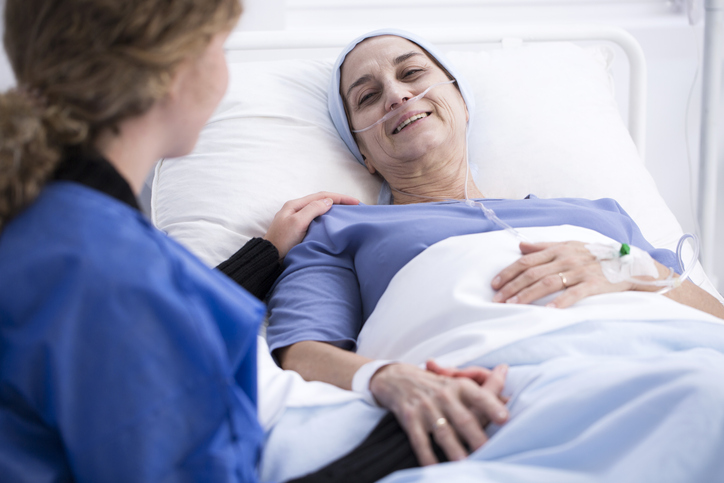
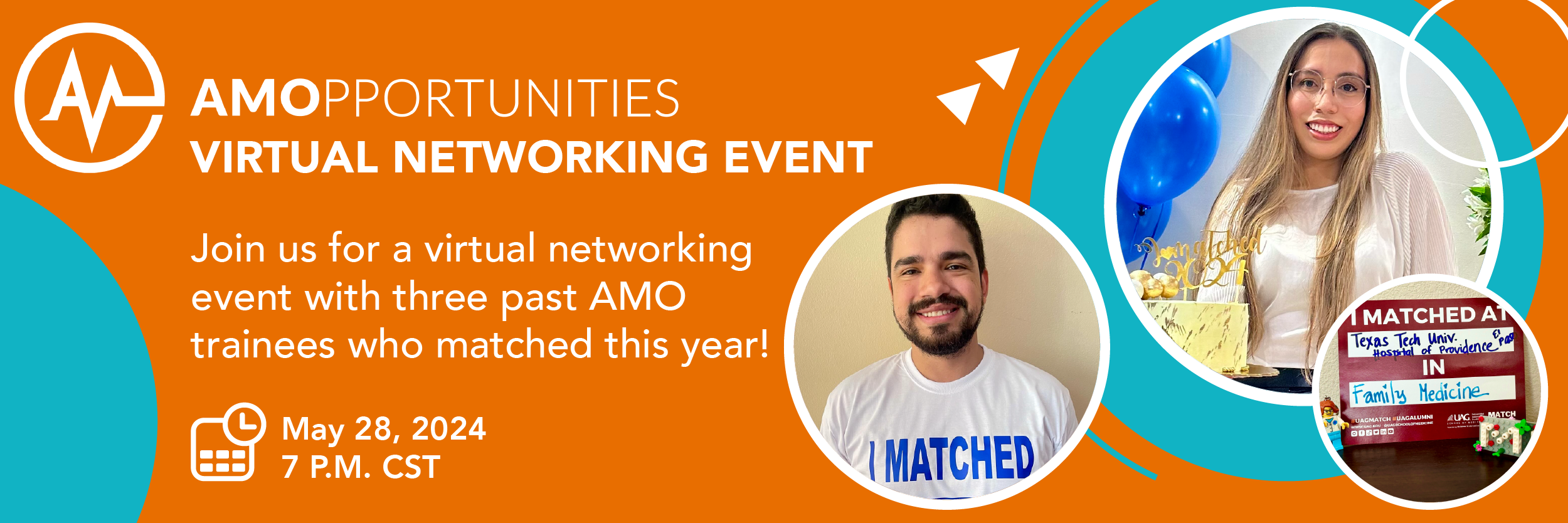
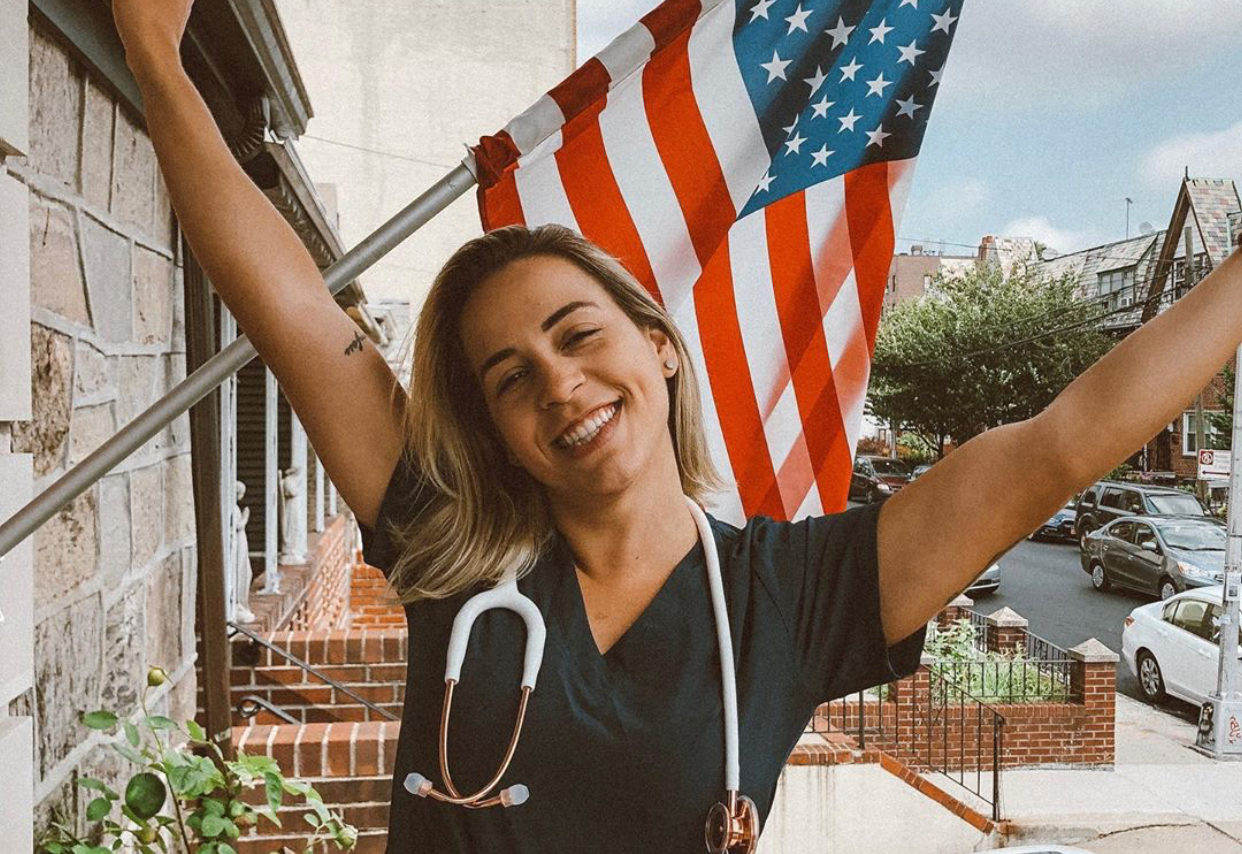
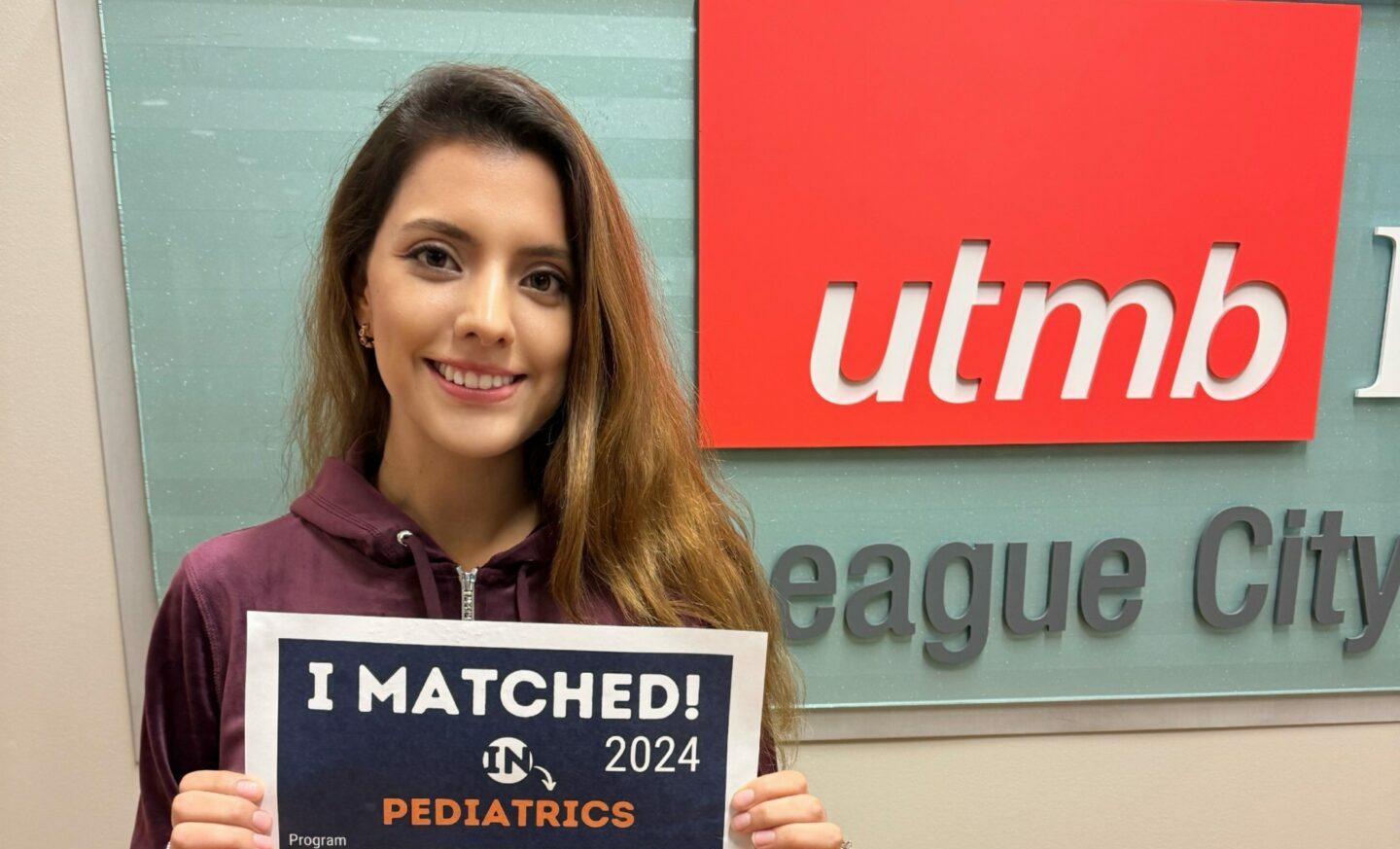
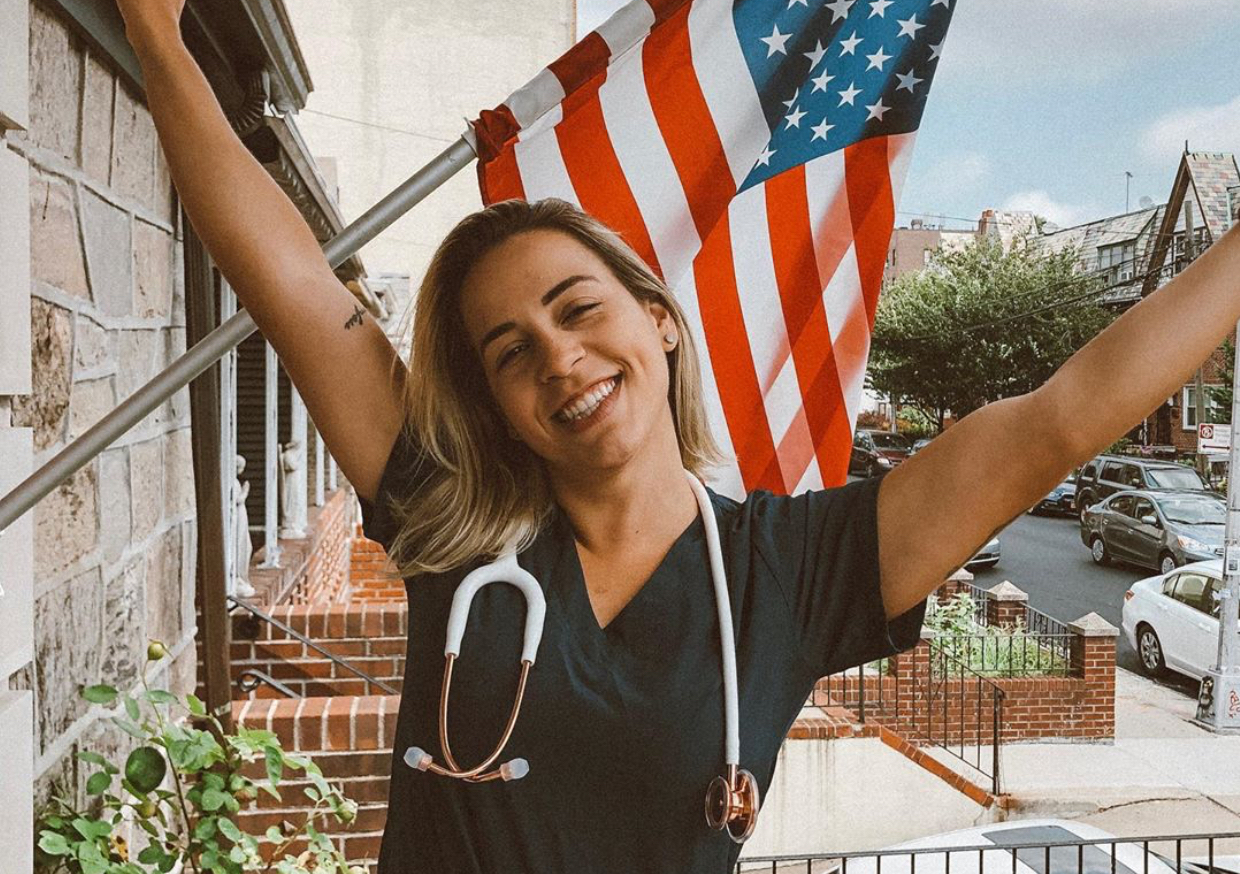
Leave A Comment